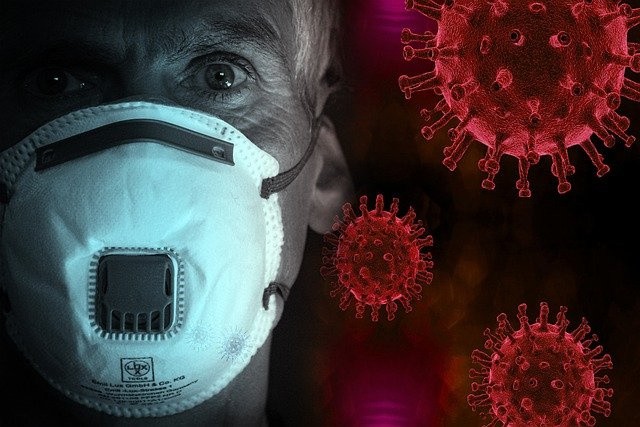
The evolution of the Delta variants is now a concern if they can develop relevant resistance to the vaccine antibody response. Researchers are concerned about how far it has evolved structures and proteins to circumvent cell defenses set from exposure to previous strains.
SARS-CoV-2 is continually evolving and trying to develop killer adaptations that often come, but chances of staying on till the next generation are slim. One concern is that the Delta strain has gone global and is very active.
The Delta variant can infect fast
Countries like India, where the Delta mutant came from, found its way to Germany, which has an infection due to the variants. But, the sub-variants have changes that are of concern and may have some adaptations of matter, reported SciTechdaily
The study led by Stefan Pöhlmann and Markus Hoffmann, Leibniz Institute for Primate Research in Göttingen, and other institutions researched how the strain can infect fast and efficiently and whether these new strains are dangerous. Another concern is the strain is considered more of a threat than other members of the coronavirus.
Disturbing results from the Delta and its variant strain tend to attack lung cells better. Four antibodies were used against the original variant, but the plus got to stop two antibodies.
The vaccine antibody response from BioNTech-Pfizer and Oxford-AstraZeneca is not enough against the Delta variants, contrasted to the original virus. It shows when it's other than Delta most are safe, cited News Medical.
But the contrast is that getting vaccinated first with Oxford-AstraZeneca and later getting BioNTech-Pfizer developed more antibodies that stopped the Delta, compared to two shots of AstraZeneca. A combo of these vaccines is good protection against SARS-CoV-2, noted Science Daily.
Delta, Delta plus and other COVID-19 variants
More than 99% of the coronavirus cases in Germany are due to the variant (B.1.617.2), said the Robert Koch Institute. The researchers Pöhlmann and Hoffmann demonstrated that this strain is well equipped to adapt from the original one to enter the lungs quickly. Adaptation allows it to penetrate cell layers better.
According to Arora Prerna, the author of two studies on the Delta variants, saying that The Delta strain might spread more quickly and cause more damage by merging cells in the respiratory system. COVID-19 may become more difficult as a result of this.
Monoclonal antibodies are proteins that are made by genetic engineering to cure COVID-19. These proteins generate protection against a pathogen that causes infection, and they are used for curative therapies.
The B.1.617.2 strain aces the antibody bamlanivimab, and the improved version of the strain can deal with bamlanivimab and etesevimab, which are used for COVID-19 treatment.
Both the original and improved strains of Delta can bypass most antibodies in both vaccinated and unvaccinated people, allowing it to move about and spread.
Pöhlmann remarked that vaccination makes a big difference whether infected by either variant, but not protected, will worsen, and the Delta plus is not worse than the Delta, despite what others say.
Related article: Scientists Study Genetically COVID-19 Resistant Individuals Who May Hold the Key to Better Therapies
© 2026 HNGN, All rights reserved. Do not reproduce without permission.








